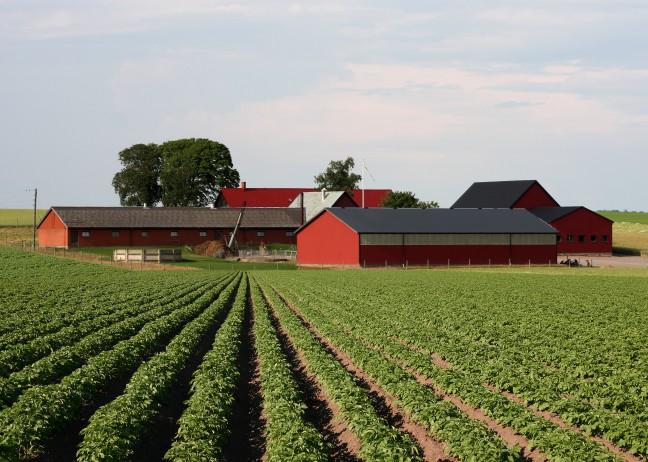A bill with bipartisan support aims to tackle the rural worker shortage in Wisconsin by offering to pay off 20 percent of college graduates’ student loan debt.
The bill, introduced by Sen. Julie Lassa, D-Stevens Point, Sen. Luther Olsen, R-Ripon, Rep. Warren Petryk, R-Elva, and Rep. Nick Milroy, D-South Range, offers the payoff to individuals who move to and intend to work in rural Wisconsin communities.
Olsen said in a statement Wisconsin’s expanding industries require a labor force that can support them. Many of these industries are in rural communities.
“This initiative would be another tool for attracting workers to grow our economy,” Olsen said.
Olsen said in the statement the Growing Rural Opportunities and Workforce program in Wisconsin, or GROW Wisconsin program, will be responsible for paying off 20 percent of college loan debts, up to a total of $15,000. It primarily targets university and technical college-educated youth who could be a potential solution to the worker shortage in professional careers.
The U.S. Bureau of Labor Statistics reported though Wisconsin’s workforce is rising overall, individual regions of the state might not follow this trend. For instance, Iron County, a prominent rural part of the state, had a total labor force of 3,324 in 2005, but that number has remained less than 3,000 ever since.
Steven Deller, UW agricultural and applied economics professor, said the rural worker shortage is much more severe in low-paying and low-skill jobs. The true issue, however, lies with the “working core,” which consists of people who work full-time or more, but many of whom still cannot support themselves. He said strategies to attract these workers are much more difficult.
“If a business cannot offer anything above minimum wage with no benefits and is not a pleasant place to work, do we really want it in our community?” Deller said.
Angie Cotey, a dentist in Mount Horeb, Wisconsin, said she would definitely have taken advantage of the opportunity GROW offers had it been given to her after graduating college.
Working in a rural area, she said, would be beneficial to young professionals and the bill’s student loan repayment be an added incentive, especially for a young professional.
“Working in a rural area is great,” Cotey said. “The cost of living is lower and the sense of community can make networking easier than in a big city.”
Cotey, a Wisconsin native, obtained her doctorate at Marquette University. The goal of Cotey’s dental practice is to combine the latest advances in dental technology, which she said is “big city,” dentistry with “small town” relationships. This has helped her achieve professional success.
A similar law in Kansas offers new residents of Rural Opportunity Zones either tax waivers for up to five years or the same student loan pay-offs as GROW Wisconsin, and has brought a “positive impact” to the state, according to a Kansas Department of Commerce statement.
Deller said Kansas Gov. Sam Brownback’s switch to supply-side economics — an approach that increases economic growth by increasing investment and decreasing barriers to production — has slowed population growth in Kansas’ rural areas. These factors, along with the presence of natural amenities and quality of life within these individual regions, may play a larger role in attracting workers than the incentives offered by the bill, Deller said.
Deller proposed that small communities provide financial help to students rather than the state. Small communities can more easily target individuals who have an actual interest in returning home to work. The GROW Wisconsin bill does not necessarily target these types of people.
“A lot of it has to do with the dynamics of the local communities,” Deller said. “There is no magic bullet, but rather lots of different pieces to a complex puzzle.”





















